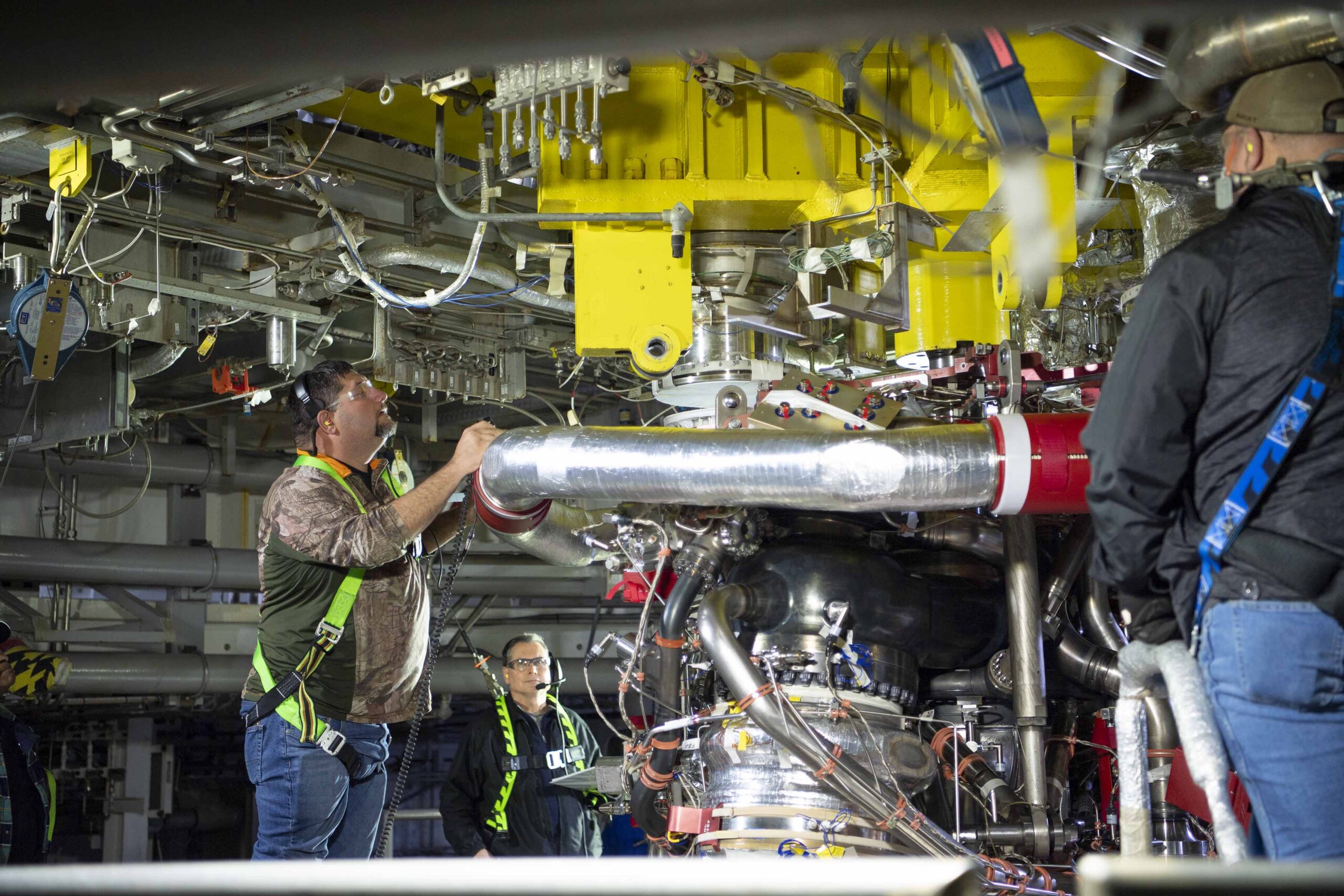In 2025, NASA’s Stennis Space Center near Bay St. Louis, Mississippi, marked a year of progress by supporting NASA’s Artemis campaign, celebrating historic milestones, and continuing its role as a trusted propulsion test partner at…

In 2025, NASA’s Stennis Space Center near Bay St. Louis, Mississippi, marked a year of progress by supporting NASA’s Artemis campaign, celebrating historic milestones, and continuing its role as a trusted propulsion test partner at…